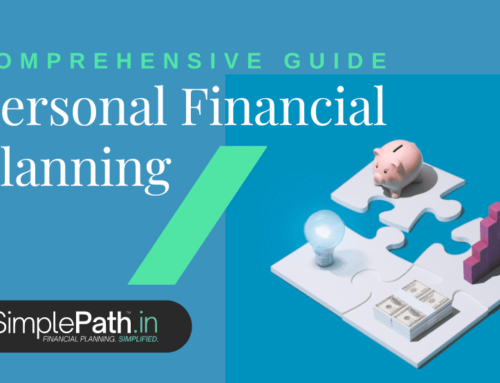Buying a home can be an exciting and overwhelming experience. One of the biggest decisions you’ll have to make is choosing the right mortgage. With so many options available, it can be challenging to know where to start. To help you navigate the mortgage process, we’ve put together some top mortgage tips.
- Know Your Credit Score: Your credit score is a critical factor that lenders consider when determining your mortgage eligibility and interest rate. Before you start shopping for a mortgage, check your credit score and make sure it’s accurate. If your score is lower than you’d like, take steps to improve it by paying down debt, paying bills on time, and disputing any errors.
- Determine Your Budget: Before you start looking for a home, it’s essential to know how much you can afford. To do this, calculate your monthly income and expenses, including debt payments, utilities, and maintenance costs. Based on this, you can determine how much you can comfortably spend on your mortgage payment each month. It’s also a good idea to get pre-approved for a mortgage before you start house hunting.
- Compare Mortgage Options: When shopping for a mortgage, it’s crucial to compare your options carefully. Look at factors such as interest rates, fees, and terms. Fixed-rate mortgages offer predictable monthly payments, while adjustable-rate mortgages can offer lower initial rates but can increase over time. FHA loans are a popular option for first-time homebuyers, as they require a lower down payment and credit score than conventional loans.
- Get Professional Advice: Navigating the mortgage process can be overwhelming, and it’s essential to have a professional on your side. Consider working with a mortgage broker or a financial advisor to help you choose the right mortgage for your needs. They can offer valuable advice and guidance to help you make informed decisions.
- Understand Your Responsibilities: Once you’ve secured your mortgage, it’s essential to understand your responsibilities as a homeowner. This includes making your monthly payments on time, maintaining your home, and keeping up with property taxes and insurance. If you experience financial difficulties and can’t make your payments, contact your lender immediately to discuss your options.
In conclusion, buying a home can be a significant investment, and choosing the right mortgage is crucial. By knowing your credit score, determining your budget, comparing mortgage options, seeking professional advice, and understanding your responsibilities as a homeowner, you can make informed decisions and find the right mortgage to suit your needs.





